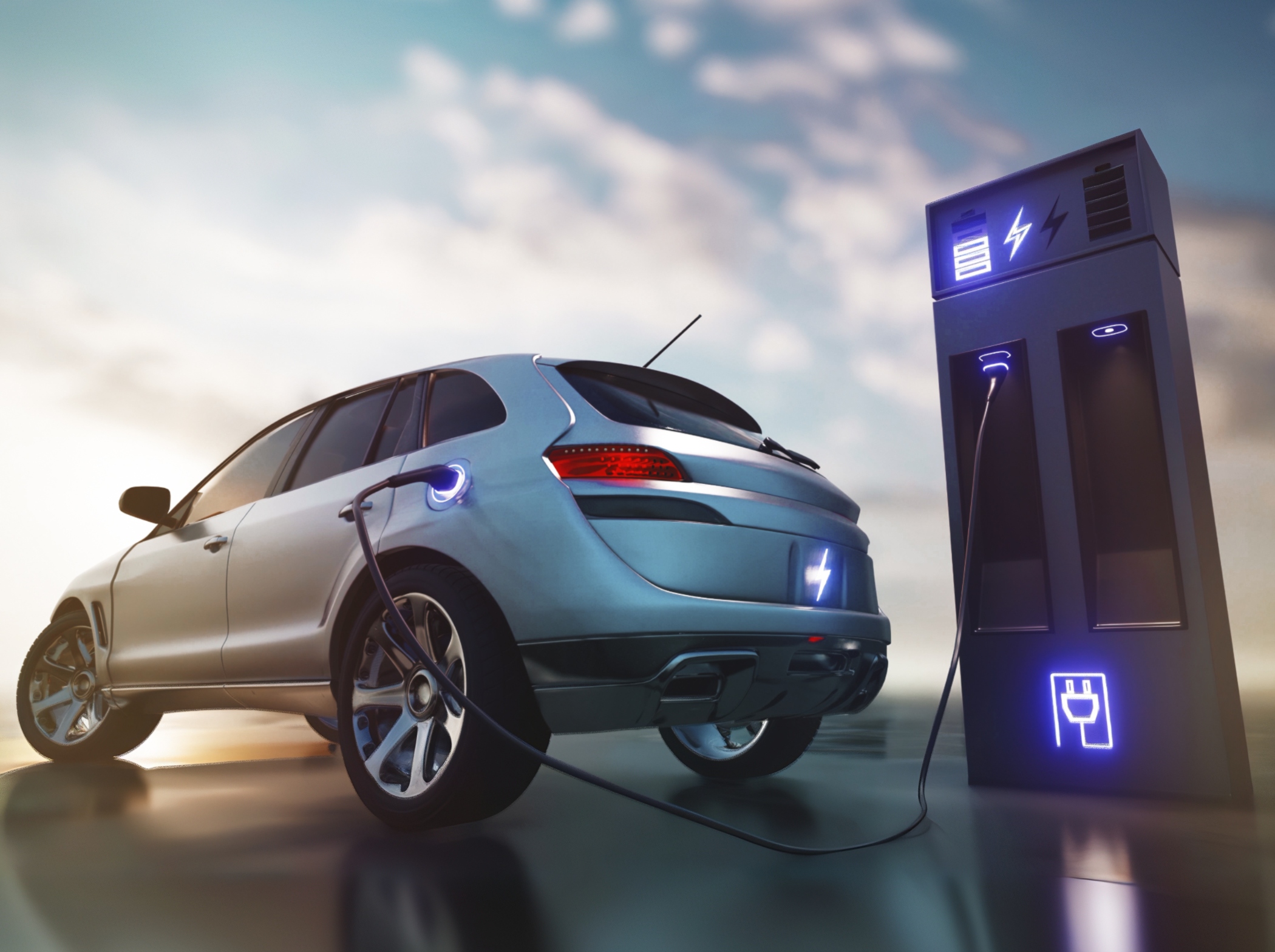Electric Vehicles Charge Ahead

Are you looking for a new car with higher fuel efficiency, superior performance and energy independence? You can take charge with an electric vehicle (EV).
The power to choose
You've got plenty of options when it comes to purchasing EVs. There are three main types: battery-electric vehicles (BEVs) and plug-in hybrid electric vehicles (PHEVs), both of which use batteries to power an electric motor and plug-in for recharging, and hybrid electric vehicles (HEVs), which charge the battery using their internal combustion engine and braking. Here are some examples of the differences between the three categories.
BEVs run only on electricity. The typical range is between 150-400 miles on one charge. Examples include all Tesla models and the Ford Mustang Mach-E SUV.
PHEVs run on electricity for a shorter range, between 9 to 80 miles, then switch over to a conventional gasoline engine when the battery is depleted. If your trip is shorter than the range, you won't use any gas in most circumstances. Some PHEV models also use biofuels and other alternative fuels. Popular PHEV models include the Toyota Prius Prime and the Chrysler Pacifica minivan.
See fueleconomy.gov for more information about EVs and to compare different models.
Getting a charge
You can charge your vehicle at home, work or one of the growing number of public charging stations available. There are more than 65,000 public charging stations across the country, according to the U.S. Department of Energy.
- Level 1 chargers use 120-volt service, like standard electric outlets in your home. Most vehicles come with a Level 1 charger, so no additional charging equipment is necessary. Level 1 chargers can add 2 to 5 miles of range per hour of charging; they are mainly used for overnight charging in homes.
- Level 2 chargers require 240-volt service, like an electric range or clothes dryer. They also charge EVs much faster, adding 10 to 25 miles of range per hour of charging time. Get a $250 SWEPCO Incentive when you purchase and install a Level 2 EV Charger.
- DC fast charging stations add up to 80 miles of vehicle range in 20 minutes. These require special 480-volt service and are usually found at public charging stations. It's important to note that the amount of time to charge up to 80% vs. the remaining 20% is often similar.
Home and workplace Level 1 cables generally cost $150 to $400, depending on type, although the cables typically come with the vehicle. Level 2 charging stations cost $400 to $700, and DC fast chargers can cost much more but are not typically available for residential installation. Contact a qualified electrician for safe and proper installation.
Incentives smooth the way
Although EVs often cost more than conventional vehicles, financial incentives can help. By purchasing an EV, you may be eligible for a federal tax credit of up to $7,500. There are a variety of state and local programs as well. Search the Alternative Fuels Data Center for incentives available in your area.
Return to newsletter